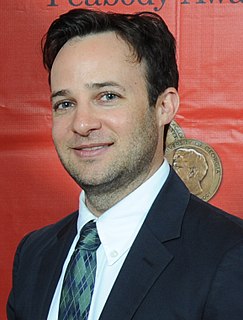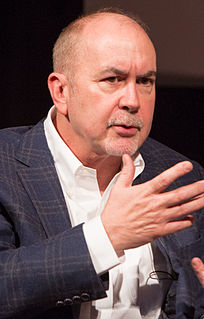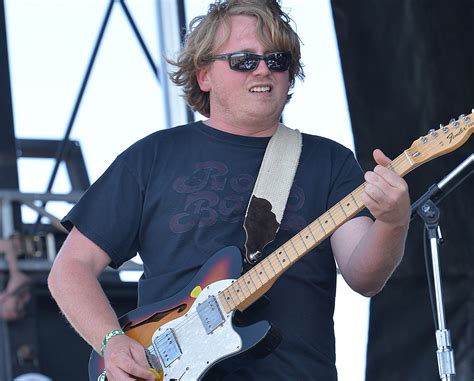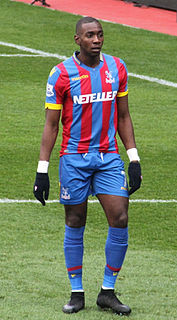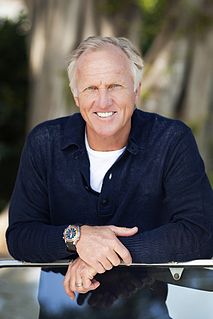A Quote by Noel Clarke
When I wrote 'Kidulthood,' I didn't even know there was going to be a 'Kidulthood.' I just wanted to test myself to see if I could write a script.
Related Quotes
When I was nine, the teacher asked us to write a piece about our village fete. He read mine in class. I was encouraged and continued. I even wanted to write my memoirs at the age of ten. At twelve I wrote poetry, mostly about friendship - 'Ode to Friendship.' Then my class wanted to make a film, and one little boy suggested that I write the script.
I started writing when I was 26, so I don't even know what year that was. I wrote a script for me to star in. A friend of mine, who was an actor that I would compete against a lot, had written a script and was taking all these meetings. He just kept pushing me and was like, "You got to do it. You're going to love it!" He's a very successful screenwriter now. His name is Michael Bacall and he wrote 21 Jump Street, Project X, and Scott Pilgrim vs. the World. So it was a few factors.
I wrote Her First American and I always say it took me eighteen years. It took me that long was because after about five years I stopped and wrote Lucinella. I got stuck; it was too hard to write. Lucinella felt like a lark. I wanted to write about the literary circle because it amused me, and I allowed myself to do what I wanted to do. It's just one of the things I'm allowed to do if I feel like it.


